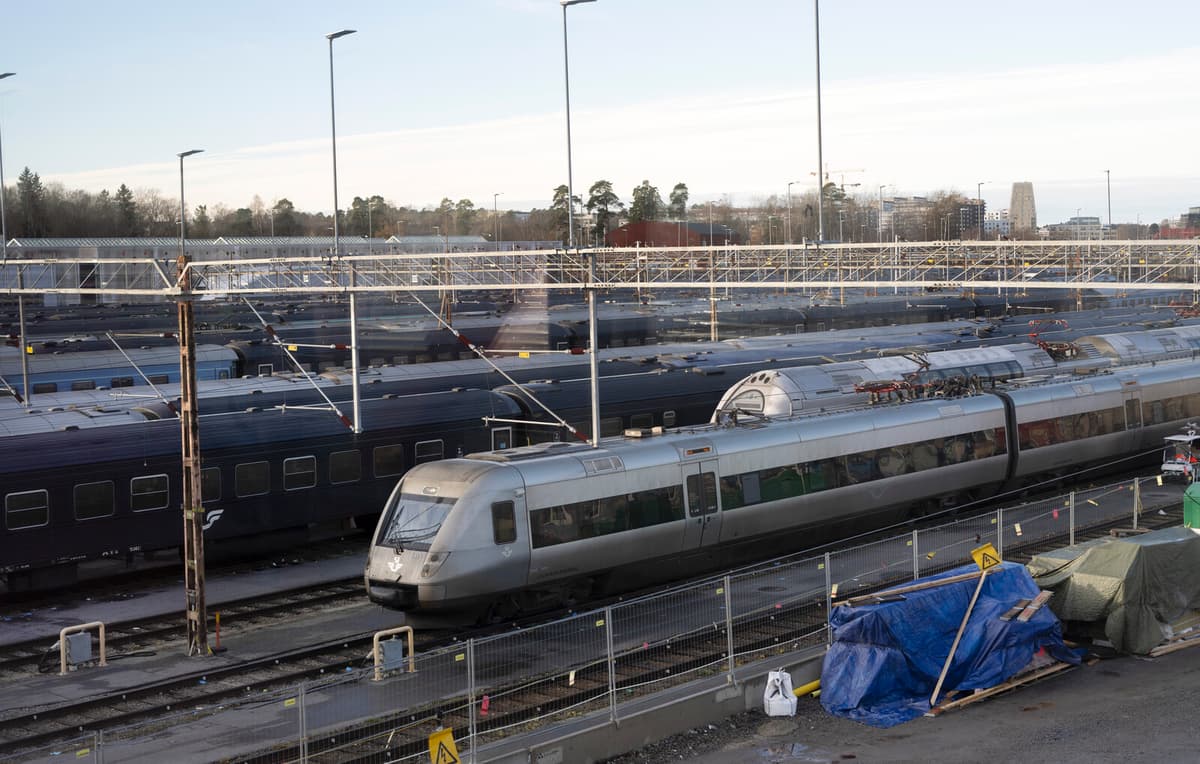In total, 87.2 percent of the trains kept to the timetable in 2024, the lowest figure in 15 years.
"It is a self-evident starting point that both passengers and transport buyers should be able to rely on the trains arriving on schedule. But given that the maintenance of the railway has been deprioritized for decades and the maintenance debt has been allowed to grow, the figures are not surprising," writes Infrastructure Minister Andreas Carlson (KD) in an email to TT.
According to Anna Ericsson, the delays are often due to bad weather, so-called track springs, and the need for trains to reduce speed. A major overhaul of the railway is now pending, with a large investment in maintenance of tracks, switches, and contact wires.
The significant increase in train traffic means that we are investing heavily in maintenance. It is a long-term investment that will improve punctuality, says Ericsson.
The Infrastructure Minister also notes that several factors are behind the train delays.
"In addition to an increased scope of maintenance work, the impact of unauthorized persons on the tracks has probably never been as high as in 2024. Over time, the railway companies are responsible for almost a third of the delay time," he writes.
Regarding track springs – i.e., unauthorized persons on the tracks, which requires traffic to be stopped completely – Ericsson hopes for improvement this year.
We are looking into, among other things, setting up more fencing, she says.






